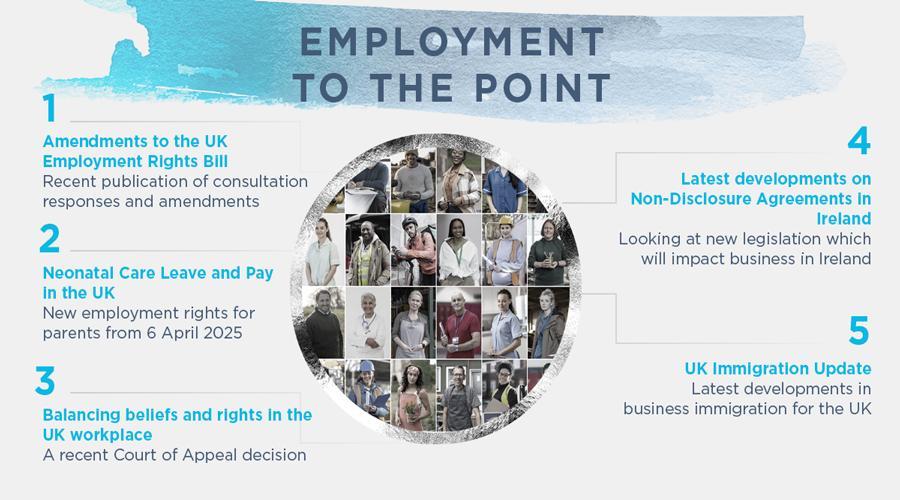The United Arab Emirates continues to solidify its reputation as a magnet for global talent, offering tax-free income, modern infrastructure, and a central geographic location that bridges East and West. These advantages, paired with ongoing sweeping changes to the UAE’s immigration and labour laws, have supercharged the country’s appeal to expatriates seeking economic opportunity and lifestyle benefits.
Today, expatriates make up an overwhelming 89% of the UAE’s population, with UAE nationals constituting just 11%. This demographic shift is being propelled by the UAE’s recent liberalisation of its immigration policies—reforms aimed at ensuring workforce resilience and economic agility in a post-pandemic world. However, while these measures are bringing in skilled workers at unprecedented levels, they are also giving rise to growing concerns about wage stagnation, job competition, and an increasingly unaffordable cost of living.
A New Era of Immigration Flexibility
In 2022, the UAE introduced comprehensive reforms through Federal Decree Law No. 29 of 2021 and its Executive Regulations. These changes untethered employment from traditional sponsorship requirements, allowing more flexible visa options such as the 10-year Golden Visa and several short-term renewable entry visas.
Notably, the Dubai Virtual Working Programme and similar initiatives across other Emirates now allow foreign professionals to reside in the UAE while working remotely for overseas employers—a move that redefines the boundaries of employment and residence.
These reforms are designed to attract and retain a broader pool of talent, from investors to freelancers, in an increasingly mobile and digitised global workforce. Employers, in turn, are adapting to offer part-time, remote, and freelance roles to align with worker expectations that have drastically evolved since the pandemic.
The UAE’s Strategic Pivot
Globally, the “Great Resignation” marked a pivotal shift in workforce dynamics, with employees prioritising mental health, flexibility, and purpose over traditional job security. For the UAE, this presented both a threat and an opportunity.
Under its previously rigid immigration framework, the UAE risked losing its expat workforce due to its inability to accommodate flexible working models. Recognising this, the UAE government acted swiftly to overhaul its system. The resulting legal flexibility has helped prevent a potential talent drain and positioned the country as a global hub for professionals seeking adaptable work conditions.
Migration Surge and Job Market Pressures
While the UAE’s reforms have undoubtedly increased its attractiveness on the world stage, the resulting influx of expatriates has also created new challenges. With more professionals entering the market than ever before, the competition for jobs—particularly in sectors like tech, finance, and consultancy—has intensified.
This oversupply of talent is beginning to have a deflationary effect on salaries, particularly at mid and junior levels. Employers, faced with a saturated labour pool, are offering lower compensation, knowing that candidates are abundant. At the same time, the cost of living—especially housing, schooling, and healthcare—continues to climb, putting pressure on residents and threatening to erode the very appeal that drew them to the UAE.
This imbalance may have longer-term socio-economic consequences. If salaries continue to fall while living expenses rise, the UAE could find itself in a paradox where it attracts talent but struggles to retain it over the long term due to declining quality-of-life metrics. Moreover, the Emirati national workforce, already a minority, may find itself increasingly marginalised in high-demand sectors due to international competition, prompting new questions about national workforce development and protection.




